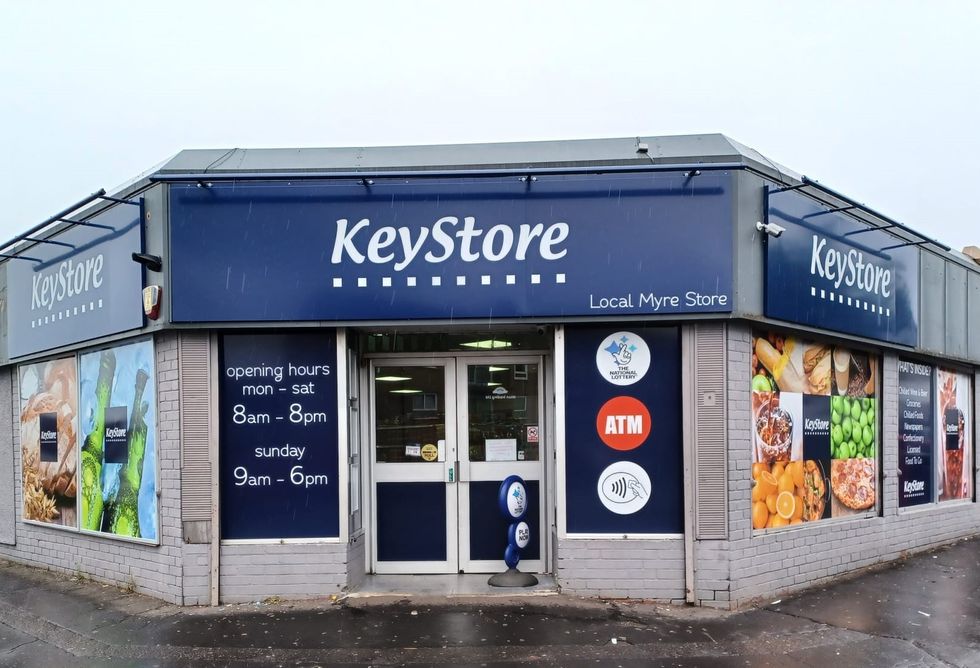Prices charged by food and drink manufacturers in the UK fell at the fastest rate in more than three years in September as cost pressures continued to ease, states a recent report, suggesting that food prices paid by consumers could fall significantly soon.
According to the latest Lloyds Bank UK Sector Tracker, food and drink manufacturing posted a reading of 48.8 on the measure of output charges, down from 50.5 in August and the lowest reading since February 2020 (46.0), raising the prospect that food prices paid by consumers could fall significantly in the coming months. A reading above 50.0 indicates an increase, while a reading below 50.0 shows a fall. Of the 14 sectors monitored by the Tracker, it was the only sector to record a decrease in output charges.
The dip in prices paid by food and drink producers’ customers, including retailers and wholesalers, was driven by a fall in input costs in September (42.4 versus 43.3 in August). The last time the sector’s costs fell at this rate was November 2015 (39.6), with last month’s decrease the sharpest of the five consecutive monthly falls recorded since May.
As a result of cutting its prices, the food and drink manufacturing sector saw the strongest new order demand (60.7 vs 49.0 in August) and output growth (57.5 vs 52.8 the preceding month) of any sector monitored by the Lloyds Bank Tracker, followed by software and services (56.6 in September vs 50.7 in August).
The remaining 12 sectors monitored by the Tracker saw output contract in September – two more sectors than in August and the highest number since October 2022. All 12 sectors that saw falling output in September also recorded falling demand. The metals and mining sectors saw the overall sharpest fall, with output dipping to 45.7 in September from August’s 58.2. Elsewhere, the transportation sector is one of the UK economy’s biggest laggers for output, with September’s data showing 40.4, down on August’s 45.
“September’s data is a perfect example of the relationship between pricing, demand, and growth,” said Nikesh Sawjani, Senior UK Economist at Lloyds Bank Corporate & Institutional Banking.
“Food and drink manufacturing sector output grew faster than other UK sectors as producers lowered their prices in response to five consecutive months of falling costs. If producers continue to pass on cost reductions, we could see food price inflation fall sharply in the coming months.”
Annabel Finlay, Managing Director, Food, Drink and Leisure at Lloyds Bank Commercial Banking, added, “The slowdown in food and drink manufacturers’ input costs is now clearly feeding through to the prices they charge their customers and, as a result, what consumers are paying at the till. If this trend continues, there is an opportunity for producers to leverage rising demand in the months ahead, particularly in the run up to Christmas.
“However, the UK food and drink supply chain doesn’t exist in a vacuum. There are several factors that could see this positive trend reverse, not least the broader economic outlook for the UK. Maintaining a strong working capital position will help ensure that producers are prepared for any further fluctuations in demand from their customers.”


















 Simon Hannah
Simon Hannah



